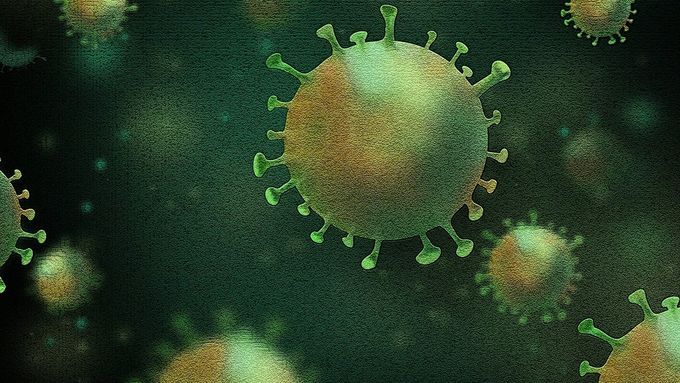Assessing the Potential Health Impact of Omicron
17.12.2021
Cases of SARS-CoV-2 variant Omicron are surging in numerous settings, with early evidence suggesting Omicron is more infectious than the Delta variant. It is not yet known, however, if Omicron has higher severity or if vaccines are less effective. New research from Swiss TPH now provides guidance to decision-makers on Omicron’s potential public health impact for a range of different scenarios. The paper is currently under review and available as pre-print.

Depending on infectivity, severity and immune evasion properties of Omicron, different strategies will be required to mediate impact on health systems. (Photo: Pixabay / Alexandra Koch)
The infectivity, severity, and immune evasion properties of Omicron will influence how dominant the variant becomes and what the disease burden will be. Swiss TPH modelers looked at a wide range of these potential properties and how they interact in order to study the potential impact of Omicron on future transmission and disease burden. They then analysed if current booster vaccination strategies would be sufficient to prevent overwhelming healthcare systems, or whether additional interventions may be needed.
“Put simply: if Omicron indeed proves to be more infectious as first data suggests, but the vaccines are still effective, increased vaccination and boosters have the biggest effect to prevent substantial disease burden,” explains Epke Le Rutte, Swiss TPH and co-first author of the study. “However, if current vaccines are less effective against Omicron, additional measures, such as increased social distancing will be required until second generation vaccines become available.”
“Our study suggests there is a genuine risk of Omicron overwhelming healthcare systems and Intensive Care Unit capacity, if we do not act, even if the variant has less severity than Delta,” explains Andrew Shattock, Swiss TPH and co-first author of the study. “The protection vaccination and boosters offer against Omicron is key.”
The Disease Modelling unit has been setting up an open-access transmission model for COVID-19 since the beginning of the pandemic, building on its experience in malaria modelling. “Our OpenCOVID transmission model provides timely guidance to decision-makers on the potential risks of Omicron,” said Melissa Penny, Head of the Disease Modelling unit at Swiss TPH. “This will help countries prepare strategies as more information becomes available on severity and immune evasion properties of Omicron.”
The paper is currently under review and published as a preprint (not yet peer-reviewed) on 15 December 2021. Funding for the study was provided by the Botnar Research Centre for Child Health and the Swiss National Science Foundation Professorship of Melissa Penny.

Jeroen Aarden
Senior Scientist
+41612849206
jeroen.aarden@swisstph.ch
Stay connected
Subscribe to our newsletter and get all the latest research news, project updates, course and event listings from Swiss TPH.